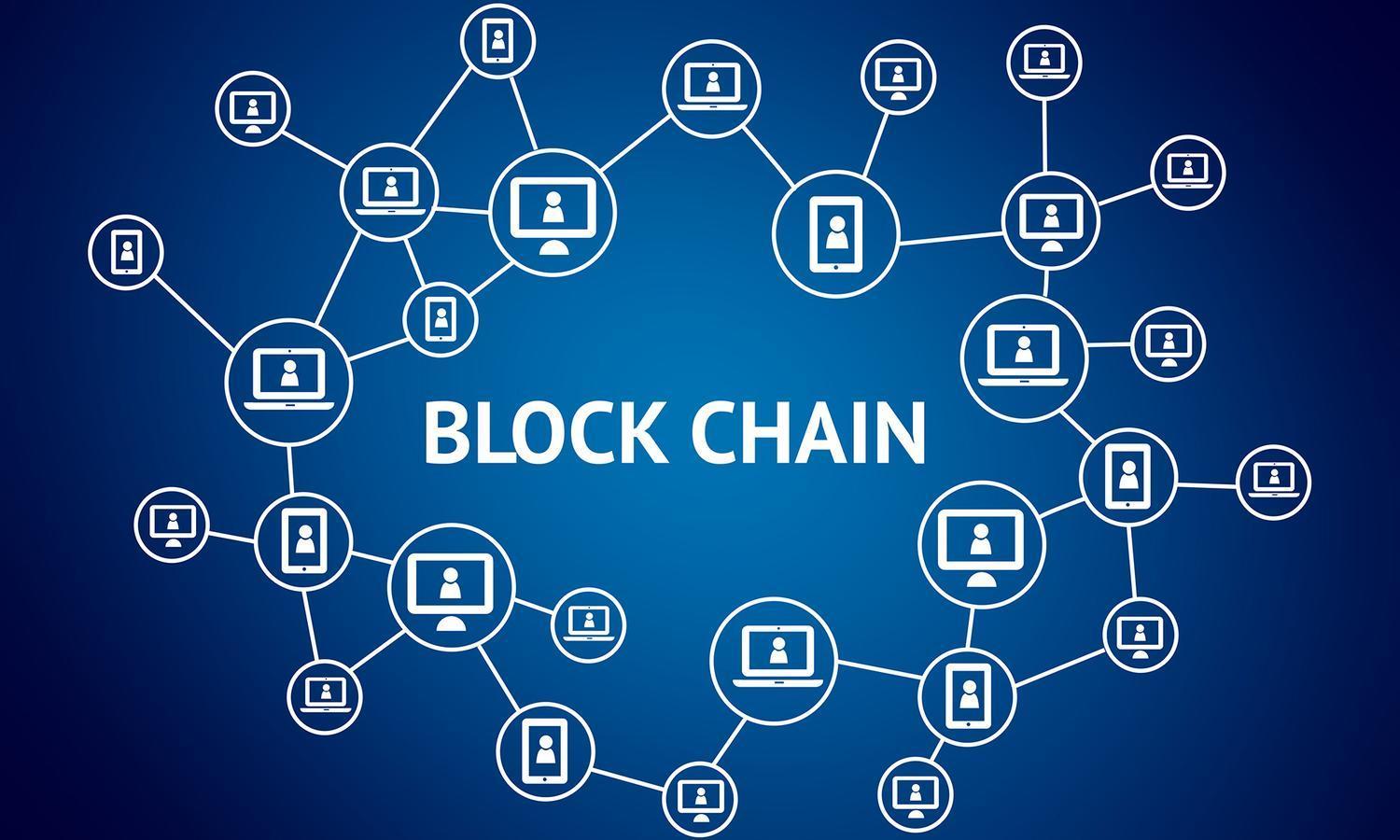What is blockchain? A Complete Guide

What is blockchain? Blockchain technology is one of the most revolutionary innovations of the 21st century, transforming industries from finance to healthcare. But what exactly is blockchain, and why is it such a game-changer? In this comprehensive guide, we’ll break down everything you need to know about blockchain—how it works, its benefits Blockchain Security Training Protecting, and its potential impact on the world.
Understanding Blockchain Technology
What is blockchain? At its core, is a decentralized digital ledger that records transactions across a network of computers. Unlike traditional systems controlled by a single entity, operates on a distributed network, ensuring that data is transparent, secure, and immutable.
Key Features of Blockchain
- Decentralization: Data is stored across multiple nodes, reducing the risk of centralized failures.
- Transparency: Every transaction is visible to all participants on the network, promoting trust.
- Immutability: Once recorded, data on the cannot be altered or deleted.
- Security: Advanced cryptographic techniques protect data from tampering or unauthorized access.
How Does Blockchain Work?
To understand blockchain, let’s break it down step by step:
- Transaction Creation: A user initiates a transaction, such as transferring cryptocurrency or recording data.
- Validation: The transaction is verified by network participants, often referred to as nodes or miners.
- Block Formation: Once validated, the transaction is bundled with others into a “block.”
- Consensus: The network reaches an agreement (or consensus) to approve the block using mechanisms like Proof of Work (PoW) or Proof of Stake (PoS).
- Addition to the Chain: The block is added to the existing chain in chronological order, creating a permanent record.
- Update Across Network: All nodes update their copy of theto reflect the new transaction.
Applications of Blockchain Technology
How is much more than just the backbone of cryptocurrencies like Bitcoin and Ethereum? Its applications span across various industries:
1. Finance and Banking
Blockchain enables faster, more secure transactions without intermediaries. Use cases include cross-border payments, digital currencies, and fraud prevention.
2. Supply Chain Management
By providing end-to-end visibility, ensures the authenticity and traceability of goods, helping combat counterfeiting and inefficiencies.
3. Healthcare
Blockchain secures patient records, improves data sharing, and enhances drug traceability to combat counterfeit medications.
4. Real Estate
Blockchain simplifies property transactions by What is blockchain? eliminating paperwork and ensuring transparent ownership records.
5. Voting Systems
Blockchain-based voting ensures tamper-proof elections, offering transparency and trust in democratic processes.
Advantages of Blockchain
- Efficiency: Transactions are processed faster and with fewer intermediaries.
- Cost Savings: Eliminates the need for intermediaries, reducing transaction costs.
- Enhanced Security: Cryptographic methods make data nearly impossible to hack.
- Increased Transparency: Every participant can view the transaction history, fostering trust.
Challenges Facing Blockchain
While blockchain has immense potential, it’s not without challenges:
- Scalability: Handling large volumes of transactions remains a concern for many blockchains.
- Energy Consumption: Some consensus mechanisms, like PoW, are energy-intensive.
- Regulation: Governments are still navigating how to regulate and cryptocurrencies.
- Adoption Barriers: Lack of understanding and infrastructure limits widespread adoption.
The Future of Blockchain
The future of blockchain is promising, with advancements focusing on scalability, sustainability, and broader adoption. Emerging trends like Decentralized Finance (DeFi), Non-Fungible Tokens (NFTs), and Web3 indicate blockchain’s growing influence in reshaping the digital economy.
Conclusion
The is much more than a buzzword—it’s a transformative technology poised to redefine how we conduct business, store data, and interact digitally. Whether you’re a tech enthusiast, investor, or business owner, understanding blockchain is crucial to staying ahead in today’s rapidly evolving world.
As blockchain continues to mature, its potential applications are virtually limitless. By addressing its current challenges and scaling solutions, could truly revolutionize industries and change the way we trust and transact globally.
[sp_easyaccordion id=”3124″]




